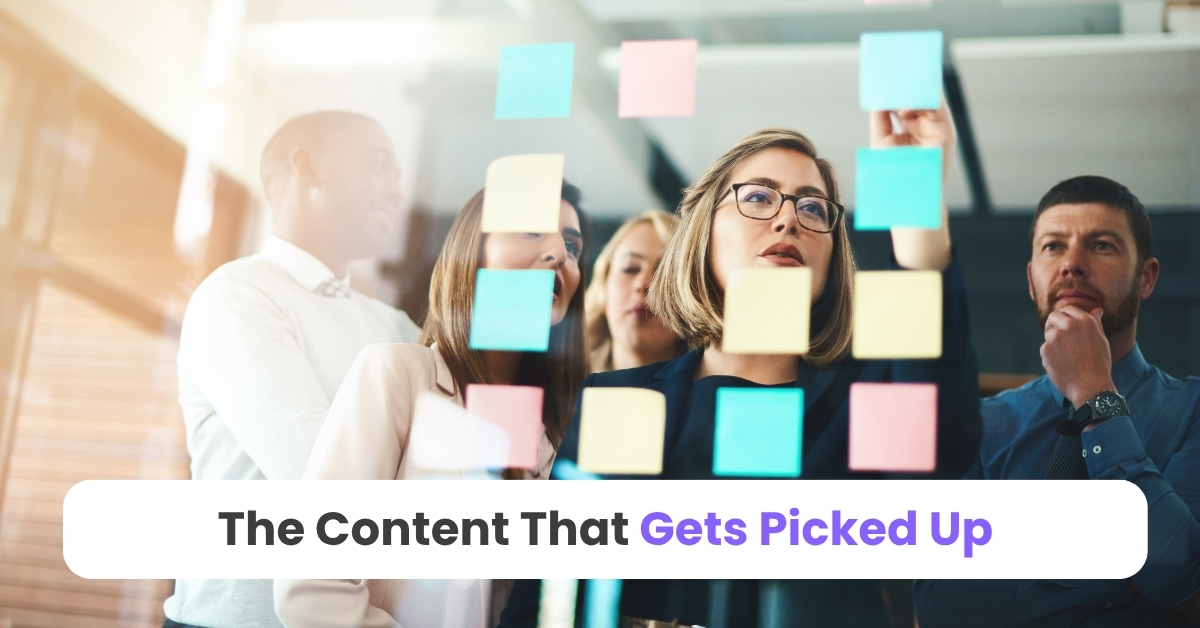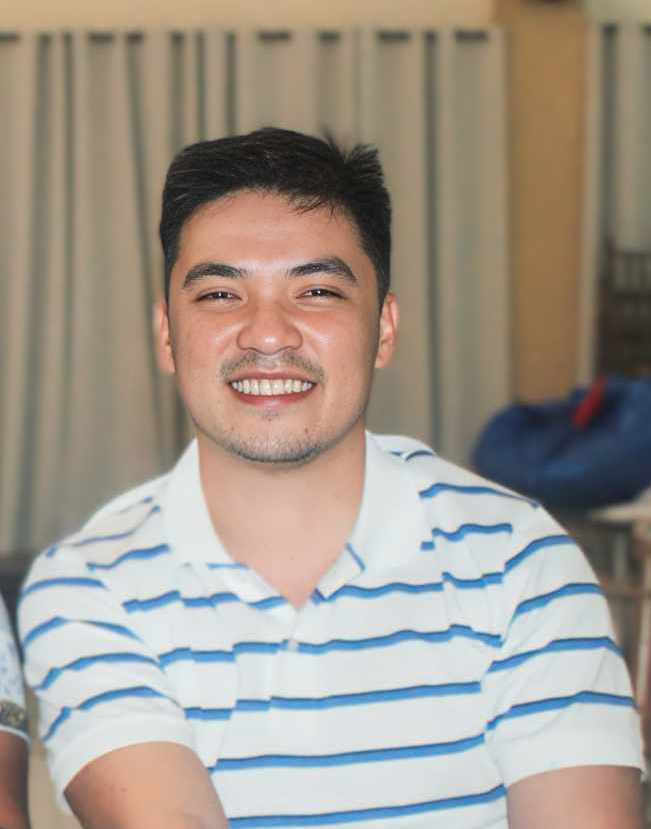I’ll be honest. When I first heard people talking about trying to rank on ChatGPT, I thought it was just hype, and as an SEO specialist, I was against it at first.
We’re all used to the idea of ranking on Google. That’s been the gold standard for years. But then I started noticing a pattern — store owners were getting actual sales and brand mentions after being recommended by ChatGPT. That caught my attention fast.
Ranking on ChatGPT isn’t about gaming an algorithm. It’s about showing up in the places ChatGPT pulls from. And that’s what I’ll share with you here, based on what actually works.











